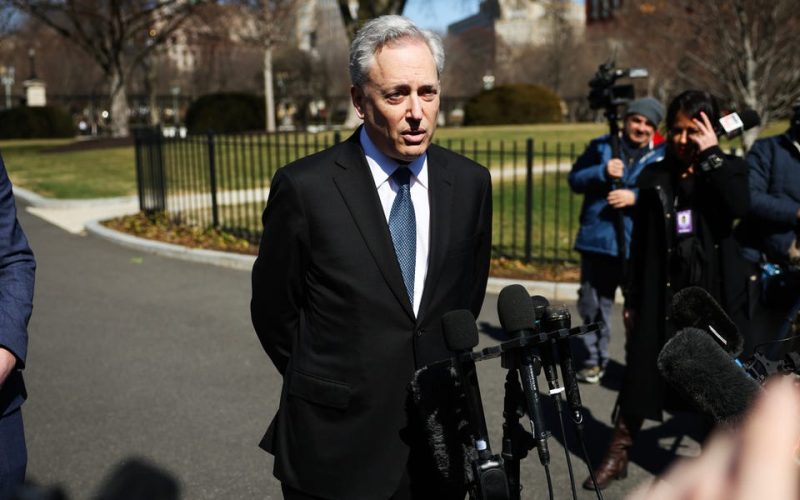In a significant development within the U.S. government, White House crypto adviser Bo Hines has announced his departure in 2025. This decision marks a pivotal moment in the ongoing evolution of cryptocurrency policy within the Biden administration, which has been under intense scrutiny and discussion as the digital currency landscape continues to expand.
Bo Hines, who has played a crucial role in shaping the White House’s approach to cryptocurrency, officially revealed his plans to step down from his position. His tenure has been marked by efforts to navigate the complexities of digital asset regulation, which has become a focal point for both economic policy and technological advancement in the United States. The administration’s initiatives under Hines have included discussions on regulatory frameworks intended to foster innovation while ensuring consumer protection and financial stability.
During his time in the role, Hines has been an advocate for a balanced approach to cryptocurrency regulation, emphasizing the need for clarity and consistency in policy-making. In a statement regarding his departure, Hines noted the importance of continued dialogue between government and industry stakeholders to address the fast-evolving nature of cryptocurrency.
“The journey into the world of digital assets is just beginning,” Hines remarked. “It is crucial that we maintain an open line of communication with all parties involved to ensure that the U.S. remains a leader in innovation while protecting its citizens.”
As the cryptocurrency market continues to grow, the role of government advisers like Hines has become increasingly important. His insights and recommendations have influenced various aspects of cryptocurrency legislation, including tax implications and anti-money laundering measures. The transition comes at a time when the Biden administration is seeking to enhance its regulatory framework for digital currencies amid concerns over potential risks to the financial system.
The White House’s approach to cryptocurrency has faced challenges, particularly in balancing the interests of innovation and regulatory compliance. Hines’ departure leaves a vacancy that will require a successor capable of navigating these complexities, as the administration looks to bolster its strategy in an arena that is constantly evolving.
In 2025, the ongoing discussions around cryptocurrency regulation are expected to remain a hot topic. As new technological advancements emerge, the demand for clear and effective regulations will likely grow. Hines’ contributions have set a foundation that will influence future policy decisions in this area.
For further details on this significant development in the U.S. crypto policy landscape, please refer to the original article published by Reuters, which provides comprehensive coverage on the topic: Reuters.
As we move forward, the implications of Hines’ departure and the future direction of U.S. cryptocurrency policy will be closely monitored by industry experts, regulators, and market participants alike. The need for clear guidelines and supportive frameworks in the cryptocurrency space remains crucial as the landscape continues to develop rapidly.










